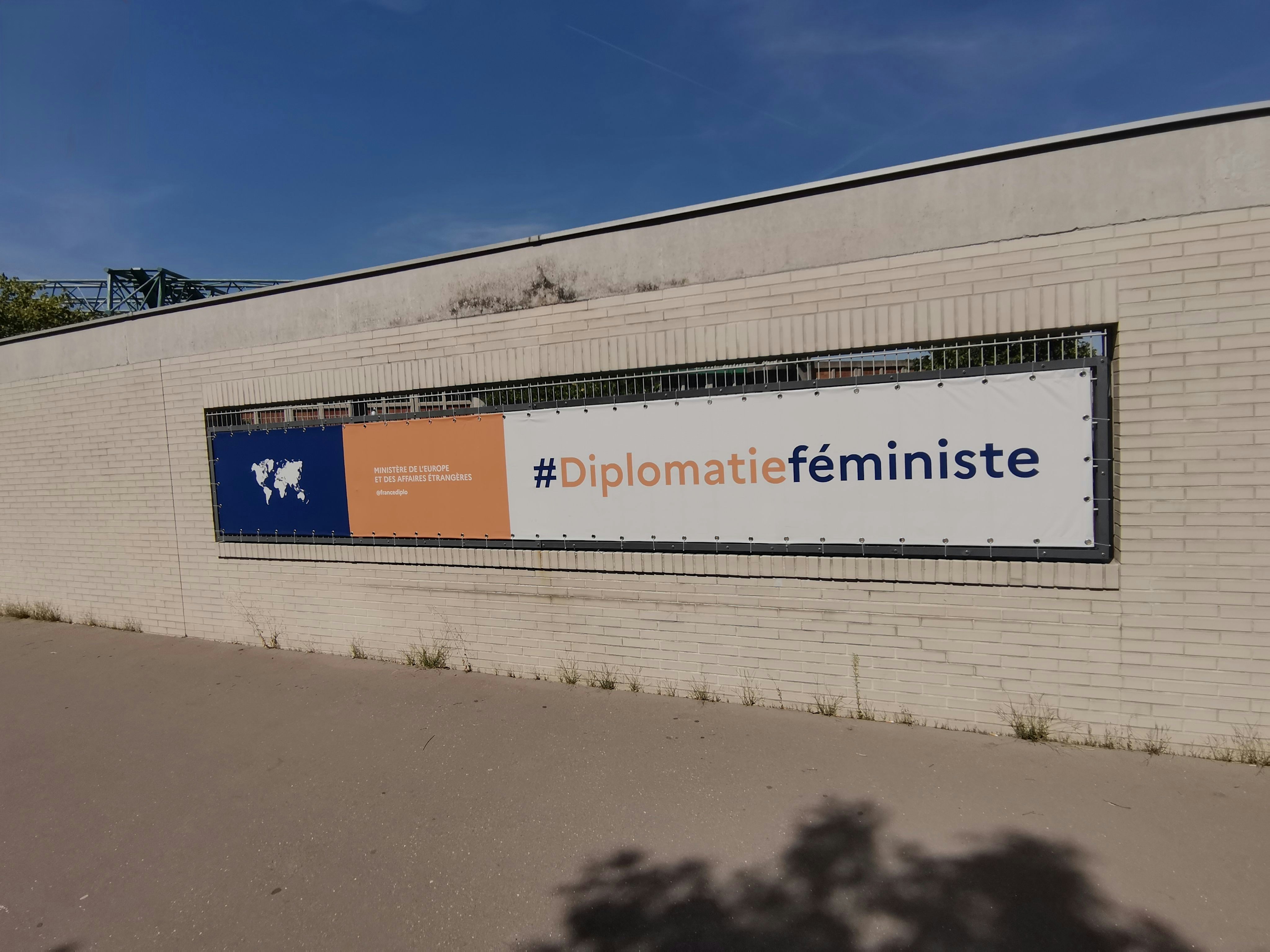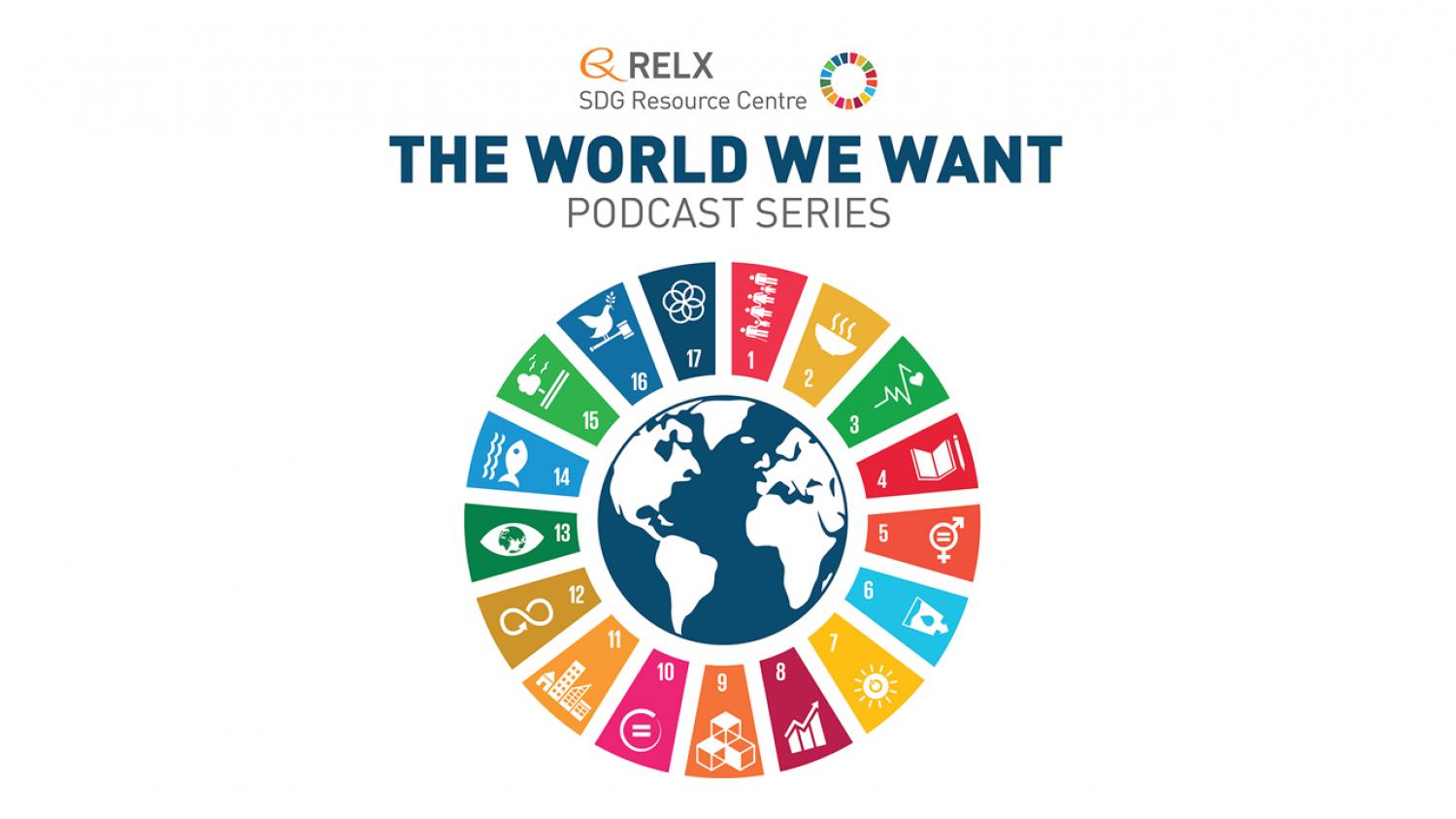Gender equality and women's empowerment play a vital role in achieving the Sustainable Development Goals (SDGs) outlined by the United Nations. Acknowledging the significance of SDG 5, which explicitly targets gender equality and the empowerment of all women and girls, it's worth noting that these elements are fundamentally tied to all 17 goals. Each goal, whether it pertains to poverty eradication, quality education, or climate action, is directly or indirectly affected by gender dynamics. Gender inequality inhibits economic growth (SDG 8) by depriving economies of the full potential of half its population, thereby exacerbating poverty (SDG 1) and hunger (SDG 2). Additionally, gender-based discrimination can limit access to quality education (SDG 4) and decent work (SDG 8) for women and girls, further perpetuating inequality. In health matters, gender roles and stereotypes often result in disparities in healthcare access and outcomes (SDG 3). With respect to environmental sustainability (SDGs 13, 14, and 15), women, particularly those in rural areas, bear the brunt of climate change impacts, but they also hold unique knowledge and skills crucial for mitigation and adaptation strategies. Likewise, women's underrepresentation in decision-making roles limits their influence on peace and justice (SDG 16) and partnerships for goals (SDG 17). Thus, achieving gender equality isn't only about justice for women and girls, but also about progress on every SDG. Women's empowerment creates a multiplier effect that boosts economic growth and promotes sustainable development, thereby setting a direct path towards achieving the SDGs. Encouragingly, concerted efforts worldwide are recognizing and amplifying women's roles in society, placing gender equality and women's empowerment at the heart of the SDGs. Such advancements signify a positive stride towards a balanced and equitable world.
International Day of Sport for Development and Peace 2026: Sport as a Bridge for Inclusion and Unity
International Women's Day is an annual celebration on March 8th. This year's theme is “For ALL Women and Girls: Rights. Equality. Empowerment", which emphasizes the imperative for action to foster equal rights, power, and opportunities for all, paving the way for a feminist future that leaves no one behind. At the core of this vision is the empowerment of the next generation—specifically, youth, with a focus on young women and adolescent girls—who are poised to serve as catalysts for sustainable change. To raise awareness for this important topic, Elsevier presents a curated list of publicly available journal articles and book chapters to help advance #SDG3, #SDG5 and #SDG10 research.
European Journal of Obstetrics and Gynecology and Reproductive Biology, Volume 306, March 2025




